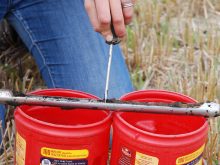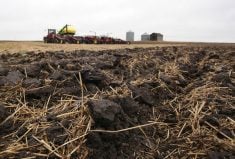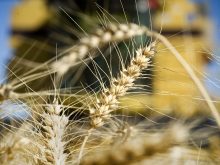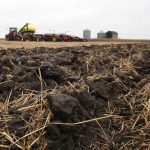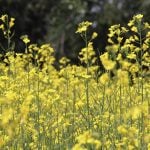WINKLER, Man. – In the rich agricultural Winkler-Morden region in the heart of Manitoba’s Red River Valley, the corn was tasseling, the canola was flowering and everything looked great – for July 1.
But this was Aug. 7-8 and farmers attending the Winkler Harvest Festival and Stanley Agricultural Show were anxiously wondering how much time was left for crops to develop.
“We’re all running a month late,” said agricultural society president Peter Penner as he looked over entries in the crops and horticultural competition.
“The (corn) ears should be larger, and there should be kernels in the ears, but everything’s a lot later.”
Read Also
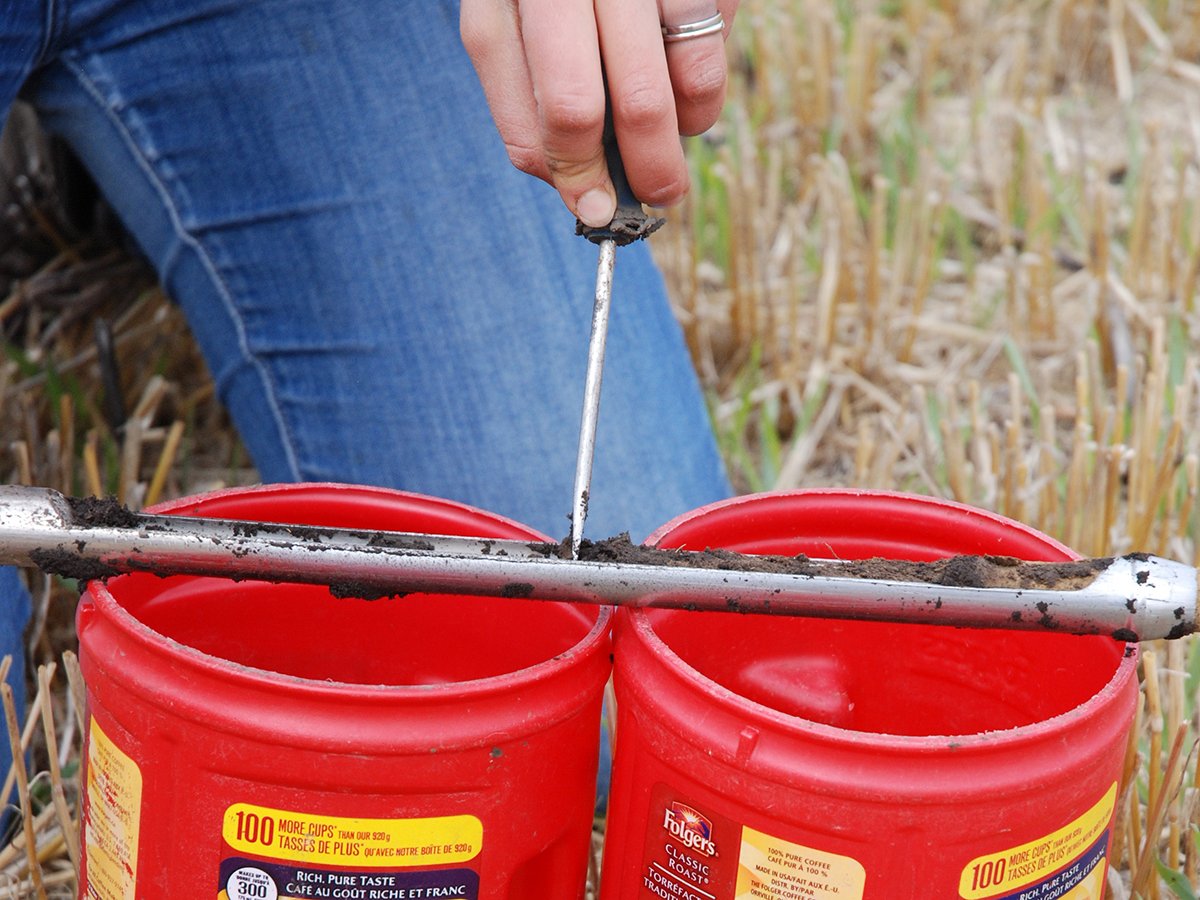
Federal government supports soil health strategy
Sophie Beecher, director general at Agriculture Canada, said at a soil conference in Winnipeg that the feds support the idea of a national soil health strategy.
A wide range of crops grow in the southern Red River Valley, wider than possible for most parts of the Prairies. Corn and soybeans are common and rapidly expanding, with 400,000 acres of soybeans believed to have been planted in Manitoba this year.
The two crops, the heavyweights of the U.S. Midwest, have been galloping into southern Manitoba for the past decade as shorter season varieties are introduced, farmers gain expertise growing them and neighbours see neighbours profiting by growing them.
But this year’s delayed development is worrying farmers who had counted on normal weather conditions to produce a harvestable crop. In short summers, corn and soybeans can be crippled by poor yields if they don’t have enough time to fill at the end of the season. If frost strikes, the results can be devastating.
Penner said local soybeans are just flowering now.
Traditional prairie crops, on the other hand, tend to be able to compensate better for delays and poor conditions. Canola in the Red River Valley is also delayed, but only a few weeks of good weather will produce a big crop.
Penner admits that the spectre of frost is beginning to haunt producers, but there’s just worry now, not fear.
“There’s still a lot of optimism out there. Right now the crops look promising. As long as we don’t get frost or that kind of heat they’ve got out in B.C., which makes everything shrivel, we have enough moisture and should be OK,” Penner said.
“If we don’t get a frost at the beginning of (September), it should all make it. The guys should be OK.”





